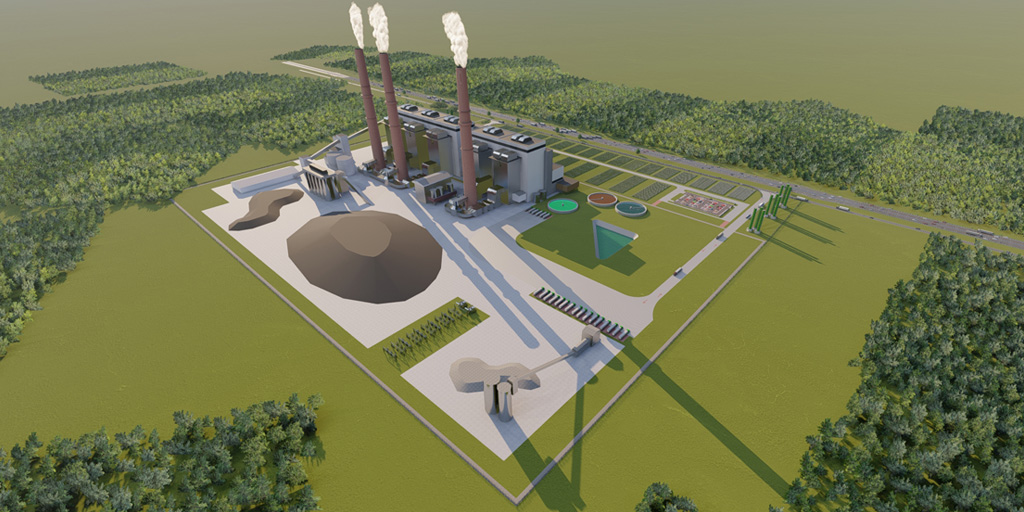SYNTHETIC FUEL HUB
Synthetic fuels, often referred to as second-generation fuels, represent an innovative category of energy gaining importance in the context of global efforts to reduce greenhouse gas emissions and increase the sustainable use of energy resources. Processes like the Fischer-Tropsch, which have become the foundation of contemporary synthetic fuel production, have been significantly improved since their initial applications in the 20th century, now offering broad possibilities for utilizing both renewable and non-renewable energy sources.
Sustainable Synthetic Fuels
In the production of synthetic fuels using renewable energy sources such as solar, wind, or biomass, it is crucial to close the carbon cycle. In such a model, the carbon dioxide used in the production process is balanced by the CO2 previously absorbed from the atmosphere by plants, making these fuels climate-neutral. This approach not only contributes to the reduction of greenhouse gas emissions but also opens new opportunities for agriculture and industry, promoting sustainable development and creating new value chains in the economy.
Synthetic Fuels from Non-renewable Sources
While processes like coal gasification (CTL) or natural gas processing (GTL) are currently more widespread due to the availability of technology and raw materials, it’s important to strive to minimize their environmental impact by implementing carbon capture and storage (CCS) technologies. Such integration allows for the reduction of greenhouse gas emissions from processes that utilize non-renewable sources.
The Role of Biomass in Synthetic Fuel Production
Utilizing biomass in the BTL (Biomass-to-Liquid) process is a promising direction for the development of synthetic fuels, as it combines the potential of renewable energy sources with the advantages of liquid fuels, such as high energy density and ease of transport. Fuels produced from biomass can, therefore, play a key role in transforming the transport sector, which is one of the main sources of greenhouse gas emissions.
The Future of Synthetic Fuels
Synthetic fuels can be a key component in the energy future, combining the benefits of renewable energy with the requirements of existing transport infrastructure and internal combustion engines. Their ability to integrate with current fuel systems without the need for costly changes makes them an attractive transitional option towards more sustainable energy resource utilization.
The development of synthetic fuel production technologies, especially those based on renewable energy sources, is crucial for achieving climate goals and ensuring sustainable energy development. As part of a broader decarbonization strategy, synthetic fuels can significantly contribute to reducing the carbon footprint of the energy, transport, and industrial sectors, thereby supporting global efforts to protect the climate.






























